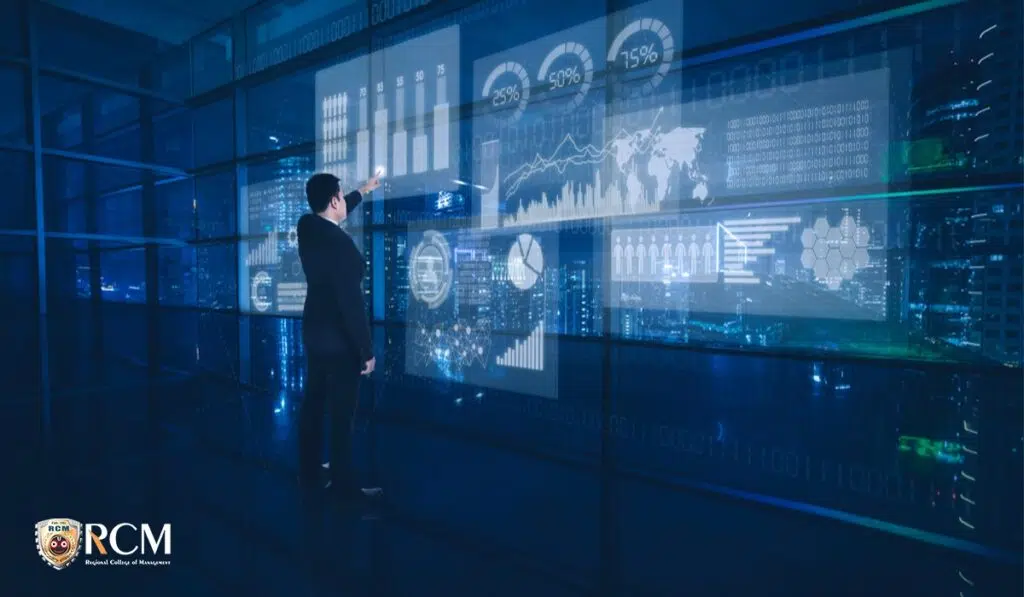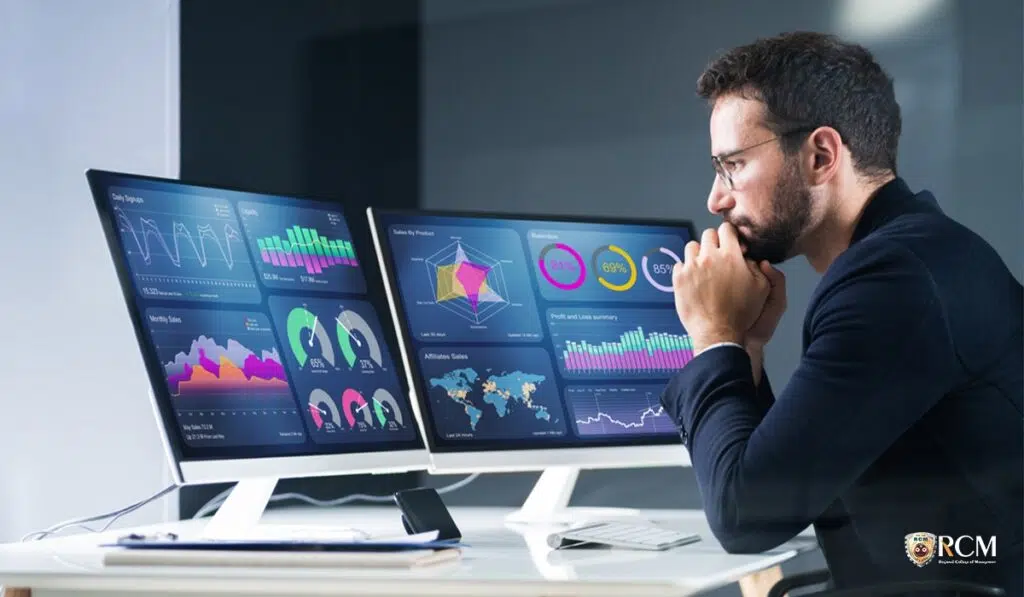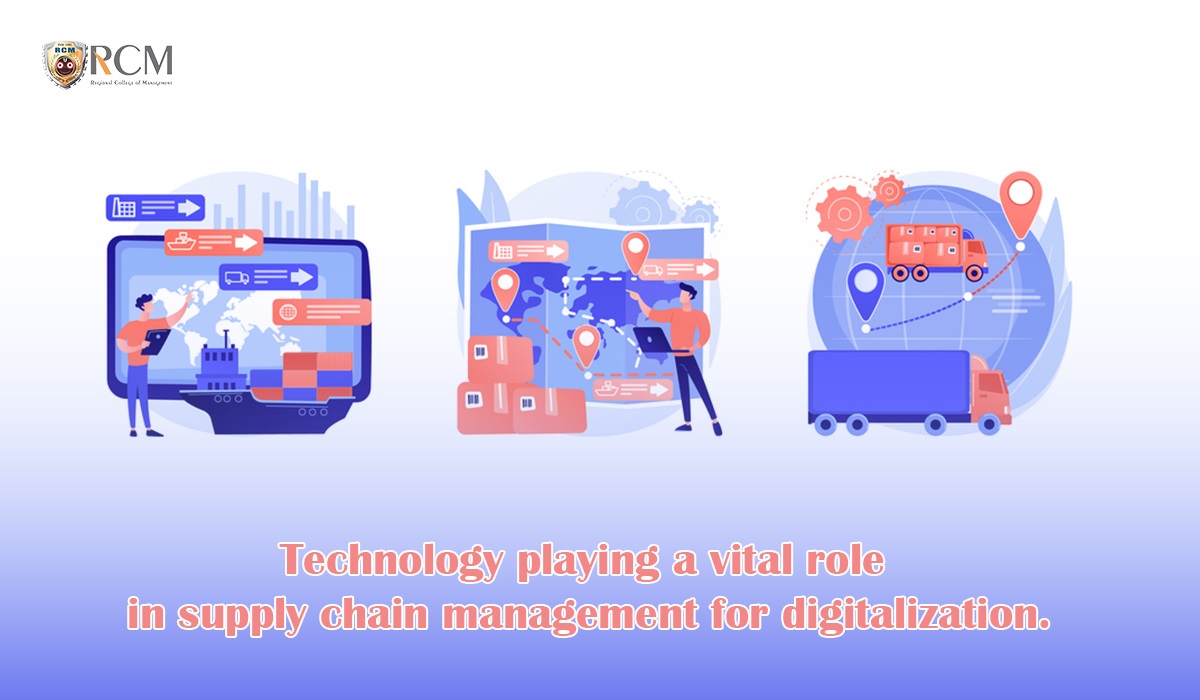As technology pervades every part of our personal and professional lives, it has an impact on the supply chain as well. A supply chain is a structured sequence of events that involves organizations, individuals, activities, and resources.
Supply chain management has already been reorganized through the use of modern technology such as big data analytics, the Internet of Things, artificial intelligence, radio frequency identification, and many more.
These technologies have evolved the supply chain management concept from a linear one in which instructions travel from supplier to production to distributor to customer to a more integrated model in which information flows in various directions throughout the supply chain.
In his blog, we will shine a light on technological advantages in supply chain management for digital transformation.
Where do you see the influence of technology implementation in the supply chain?

In today’s world, technology is required in every step and function of the supply chain process. Big data is generated by supply chains, and analytics is required to convert this data to information and acquire useful insights. Let’s take a look at the various stages of the supply chain and see how technology might help enhance efficiencies.
Beginning with the planning stage:
It is, without doubt, the most data-intensive stage of the supply chain process since it requires even the smallest details to predict, organise, and synchronize operations. Planning is intertwined with all the main supply chain stages, such as manufacturing, shipping, inventory, warehousing, packaging, and so on.
As a result, data must be continuously pulled in from all of the software that manages these activities individually. For example, WMS data analysis can be used to plan inventories and run manufacturing accordingly. Similarly, ERP data provides an overview of orders, allowing the system to assess market demand and interact with manufacturing and transportation to provide the necessary supply.
Nowadays, technology has taken production and manufacturing steps to a whole new level. Especially in the chemical and paint industries, technology is now capable of reading product composition and quality and automatically defining the best mode of production based on customer requirements.
Logistics and transportation management:
The most crucial stages of supply chain management. This step primarily accounts for 70-80% of supply chain costs; therefore, we must ensure that it operates at 100% efficiency. This stage consumes a large amount of data, beginning with goods specifics, consignor/consignee information, vehicle & vendor details, route to be followed, driver details, driver performance, and so on.
As a result, this phase involves extensive collaboration both within the department and with other devices and agencies. Fuel consumption, speed compliance, on-time deliveries, and delivery planning are just a few of the critical statistics that aid in performance evaluation and logistical cost savings.
Aside from these stages, analytics is also important in vendor or third-party management. A successful supply chain collaborates closely with vendor partners who are involved at all stages of the supply chain. Data, technology, and, eventually, analytics enable the consolidation of all data and the tracking of its performance, which is useful when it comes to contract renewals.
For example, if a company works with many transportation contractors, it is essential to keep track of factors such as trips completed, prices supplied (in comparison to market rates), order acceptance rates, OTIF (on-time, in-full) delivery score, driver performance, and so on.
Chief technologies that strengthen the needed analytics

The backbones of supply chain analytics are machine learning and artificial intelligence. To manage supply chains, these technologies continuously examine data, build algorithms, and provide human-like responses. The Internet is continuously working in the background to collect and give the raw data required for AI to function successfully.
The digital twin and control tower then come into play for the end-to-end supply chain management. Control towers closely monitor all functions of supply chain processes, identifying gaps and recommending corrective actions. The digital twin, which is simply a virtual replica of the original process, demonstrates how the advised measures might help the supply chain as a whole.




















